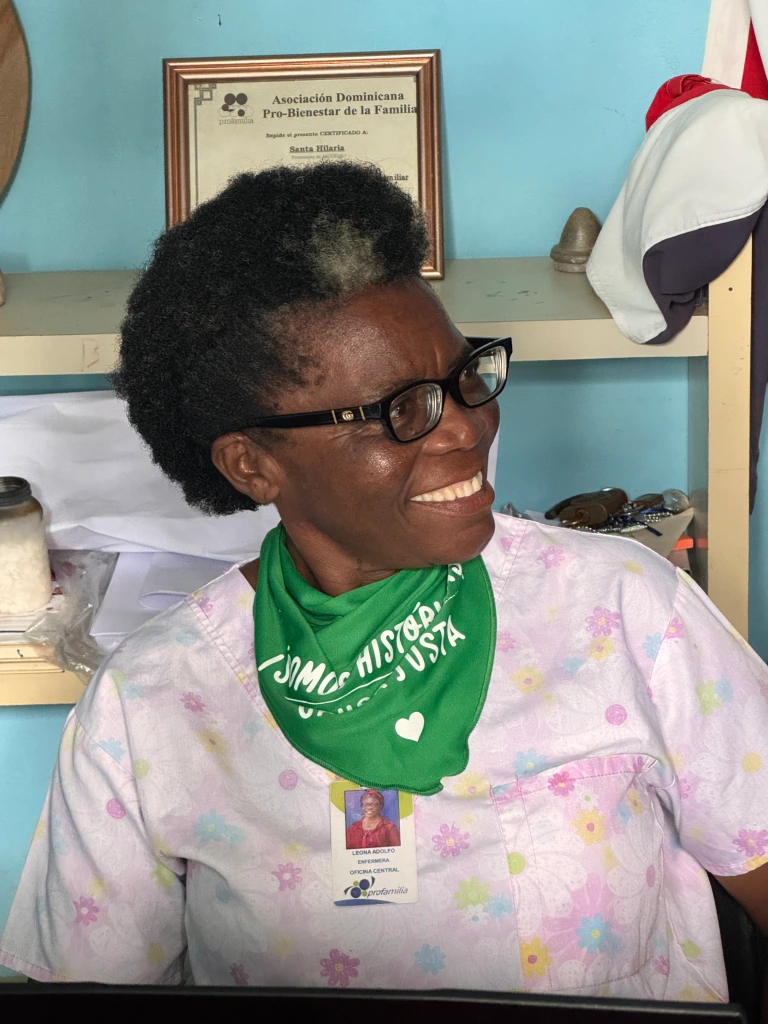Last week I spent five days in the Dominican Republic visiting the Fos Feminista partner Profamilia, which has 7 clinics and 2 mobile health units.
The DR is poor. Baseball is the national sport. Each major league team has a baseball academy in the DR. Sugar cane employment is declining. Teen pregnancy is very high – about half of teens give birth. Girls do not see much of a future.
The clinics were spotless, full of clients and well run. You could tell the dedication of the staff and their professionalism. Clients were treated with respect.
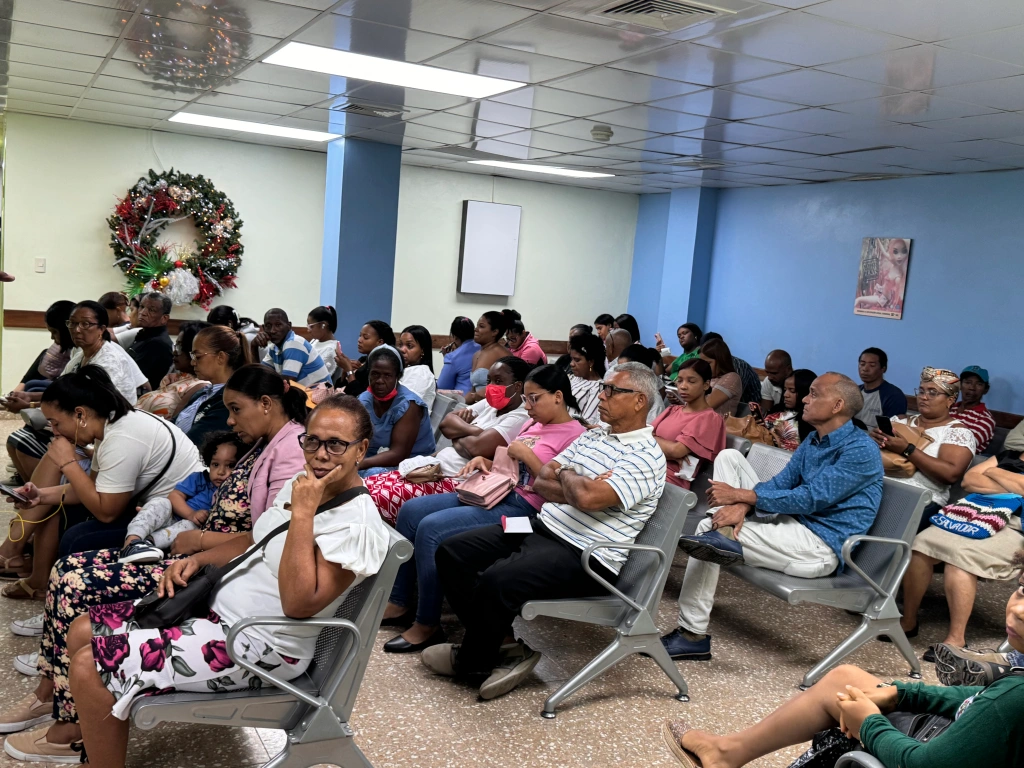
Abortion is totally illegal in the DR, so it is not provided. The clinics do offer harm reduction, where they explain what to do in the event the client has an illegal abortion and has complications. The Profamilia clinics can and do manage any complications or tell the patients go to a hospital. They are working with the legislature to allow three exceptions to the ban on abortion – to save the life of the mother, fetal abnormality and rape.
The clinics offer a full range of contraception and sterilization, male and female. The pill and injection are the most common methods. Some women have to disguise their pills as vitamins from their husbands. Many men in DR want many more children than the women want. Emergency contraception is becoming used as a method of contraception. It becomes less effective if used frequently.
Pills and other methods are sold without prescription in pharmacies. Profamilia does extensive community distribution of pills.
There is universal screening for domestic violence, which is common. The clinics offer legal services for victims. There is a shortage of safe houses – there are 12- and few relocation services. There is a national DV hotline.
Men constitute 20% of patients, mostly for urology. One clinic did 20 vasectomies a day.
The clinics do HIV counseling and treatment.
The clinics offer general health care and pediatrics but no deliveries.
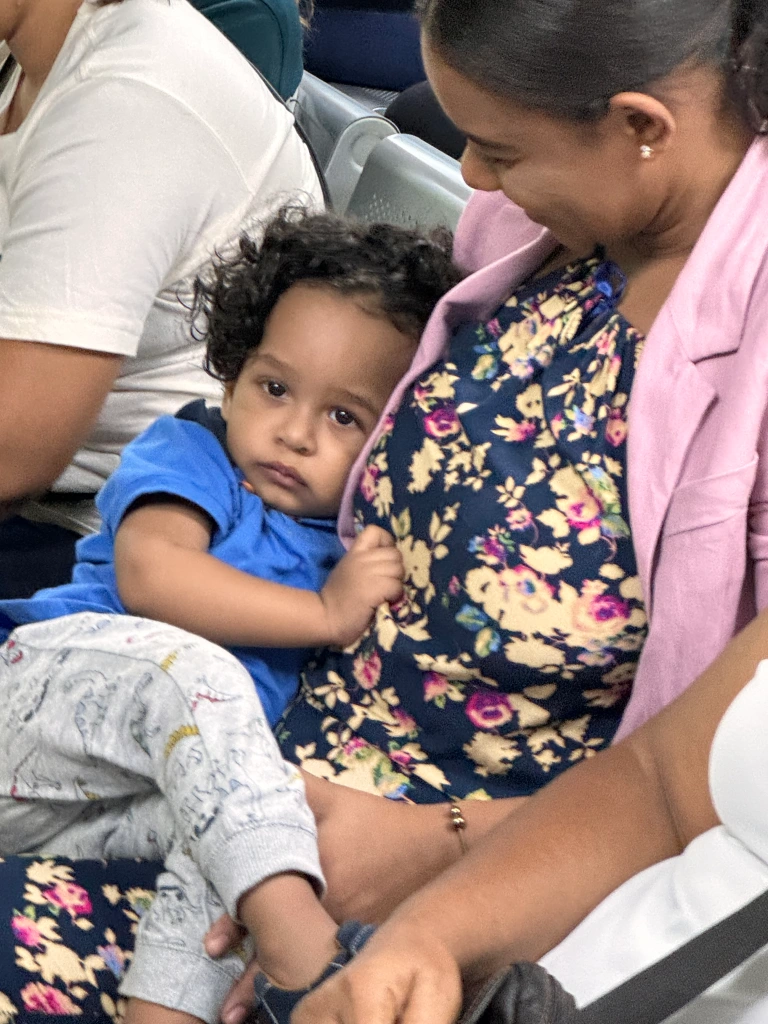
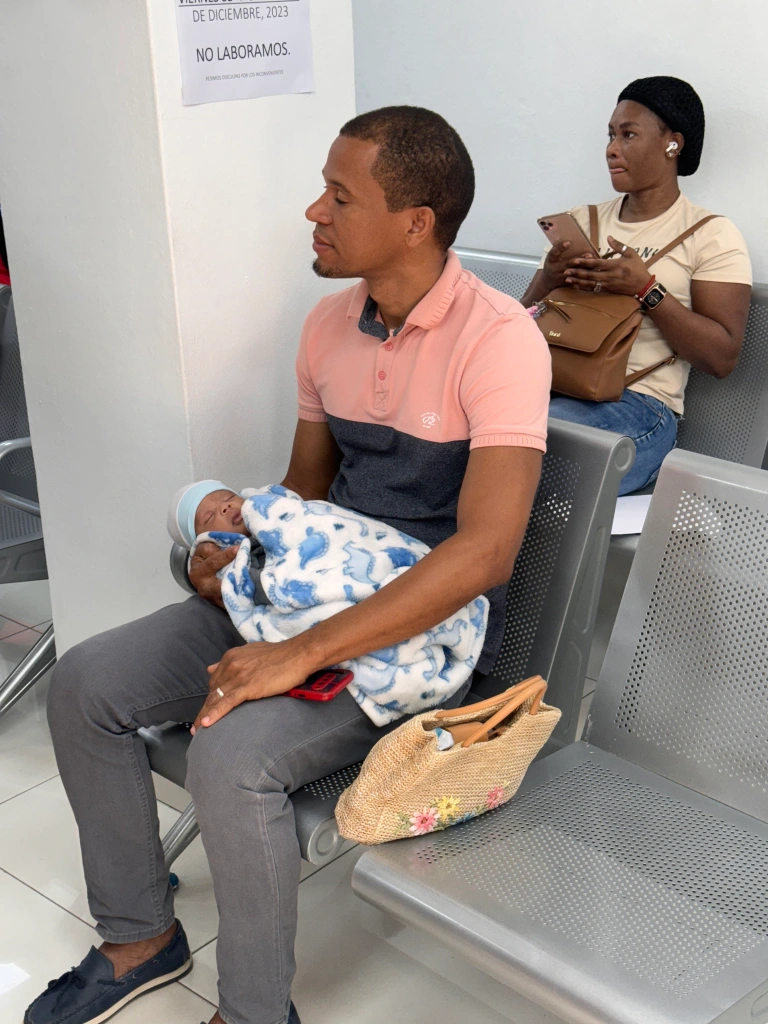
The services are free if the client cannot pay. There is national health insurance.
Maternal mortality is high but declining. It is about 107 per 100,000 in 2020 and increased during Covid. Illegal abortion now constitutes 8% of maternal deaths – it was 20% during Covid.
We visited three mobile health unit sites in remote villages and batayas- these are Haitian immigrant villages where sugar cane workers and farmers live. Sugar cane has become largely mechanized and many Haitians are scratching out a living farming or manual labor. $6 a day is the average wage in the batayas. If a person needs to get to the nearest hospital it costs $12 for transport. The Hailtian migrants fear hospitals due to deportation threats.
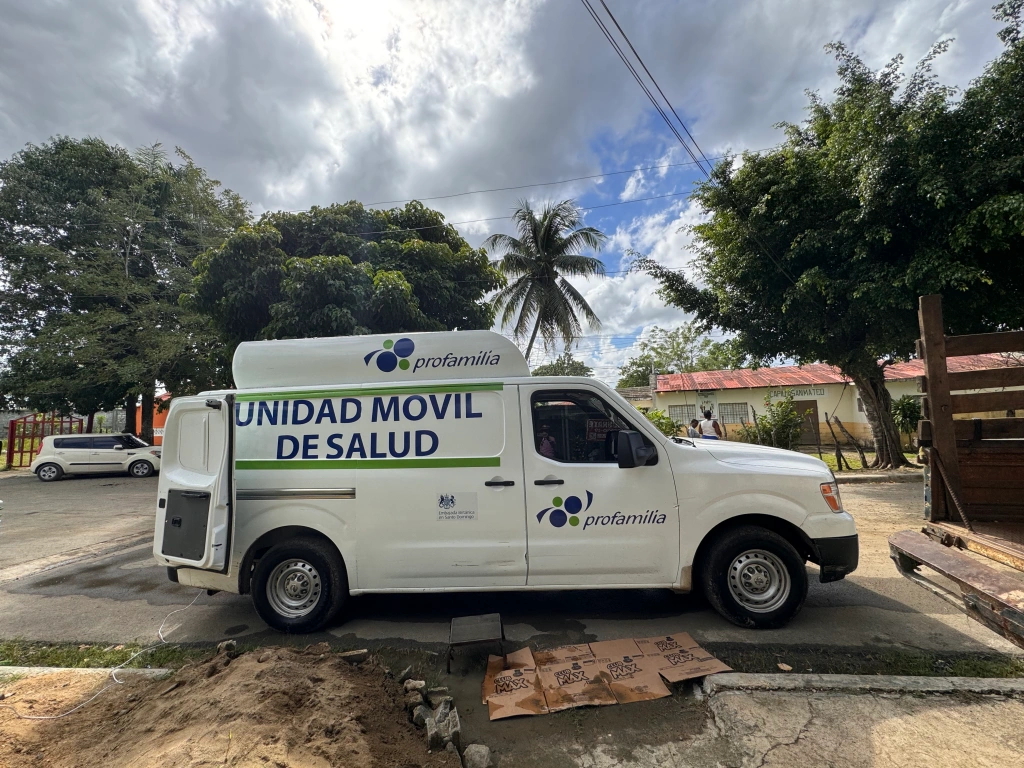

The community promoters , or promotores as they are called, are villagers trained by Profamilia, who live and travel around the batayas bringing contraceptives and general health care. The mobile health units are on a circuit and come every 30 days or so. One promoter just got her law degree and another is running for the local legislature.
